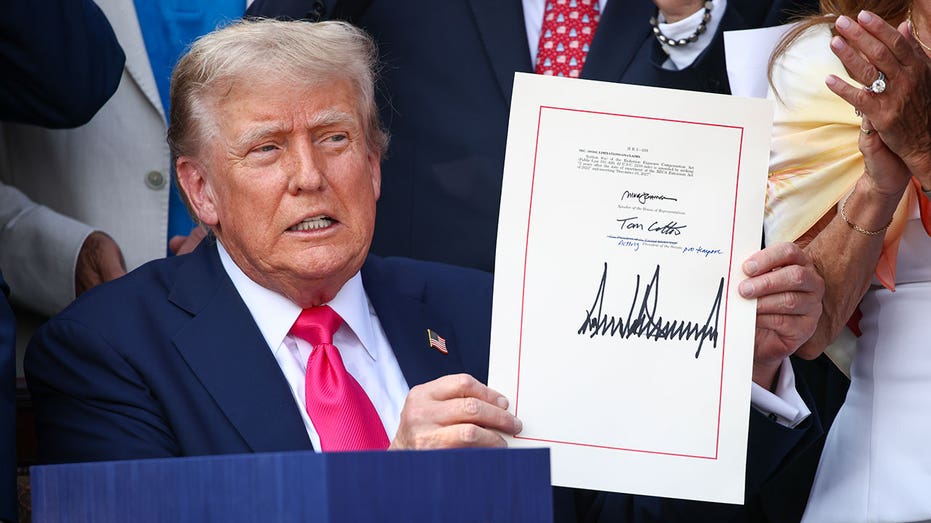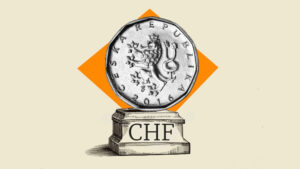Billionaire investor Ray Dalio issued another warning about the U.S. government’s fiscal woes, saying the country’s mounting debt has it trending toward an “economic heart attack.”
Dalio, the founder of Bridgewater Associates, said that growing federal budget deficits and a more than $36 trillion national debt could strain the U.S. economy in the coming years unless lawmakers take steps to shrink the deficit as a share of the economy.
“The basic picture has not changed – if the U.S. doesn’t cut the deficit to 3% of the GDP, and soon, we risk facing an economic heart attack in the next three years,” Dalio wrote in a post on X.
“The good news is that these cuts are possible. If we change spending and income (tax returns) by 4% while the economy is still good, the interest rate will go down as a result and we’ll be in a much better situation,” he said.
REPUBLICANS DEFY FISCAL CRITICS TO PUSH THROUGH TRUMP’S SIGNATURE ‘BEAUTIFUL’ TAX CUTS
Dalio pointed to past bipartisan deficit reduction efforts as evidence that it can be accomplished, saying “we know this kind of balance is possible because it happened between 1991-1998.”
However, he warned that political considerations are likely to derail deficit reduction efforts, resulting in budget deficits widening, the national debt growing and the cost of interest on the debt squeezing federal budget resources.
“My fear is that we will probably not make these needed cuts due to political reasons, and will have even more debt and debt service encroaching on our spending that will ultimately lead to a serious supply-demand problem,” Dalio wrote.
NEARLY ONE-THIRD OF $36T NATIONAL DEBT NEEDS REFINANCING AS TRUMP DEMANDS RATE CUTS

The gross national debt is currently over $36 trillion and is approaching $37 trillion, while the national debt held by the public as a percentage of GDP – a metric preferred by economists to gauge a nation’s debt burden relative to the size of its economy – is at about 99%.
That figure is projected to surge to about 156% of GDP in 2055, according to the nonpartisan Congressional Budget Office (CBO).
Annual budget deficits are currently about 6.2% of GDP and are projected to grow to 7.3% of GDP in 2055 as spending on Social Security and Medicare, as well as interest expenses on the national debt, rise in the decades to come.
Read the full article here















